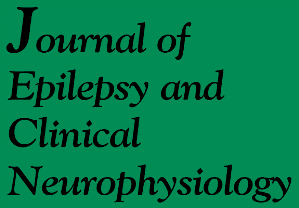Mesial temporal lobe epilepsy (MTLE) is the most common form of partial epilepsy in young adults and also the most frequent type of epilepsy reported in surgical series worldwide. Mesial temporal lobe sclerosis (MTS) is the major underlying cause of MTLE, and it is present in 60-70% of patients with MTLE who undergo surgery for treatment of medically refractory seizures. Pathogenetic mechanisms underlying this distinct hippocampal pathology remains undetermined. Recent findings suggest a developmental malformation of hippocampus (inherited or acquired) that in association with subsequent injury (e.g. trauma, infection, complex febrile seizures) could develop ongoing seizures, resulting in the full-blown neuropathological features of MTS. Genetic background, age and type of initial precipitating injury, and vulnerability related to programmed cell death pathways are probable mechanisms involved in the development of MTS. Definitions for medical intractability may vary among centers, but usually include failure to achieve seizure control with two or more AEDs with adequate dosage and posology. The decision as to when one should perform surgery in patients with MTLE is a relevant issue that needs more investigation. Recent evidence discussed in this review indicates that longer duration of uncontrolled seizures is associated with an increased risk of unsuccessful surgery.
temporal lobe epilepsy; seizures; surgical treatment; hippocampal sclerosis; mesial temporal sclerosis; pathophysiology; magnetic resonance imaging
